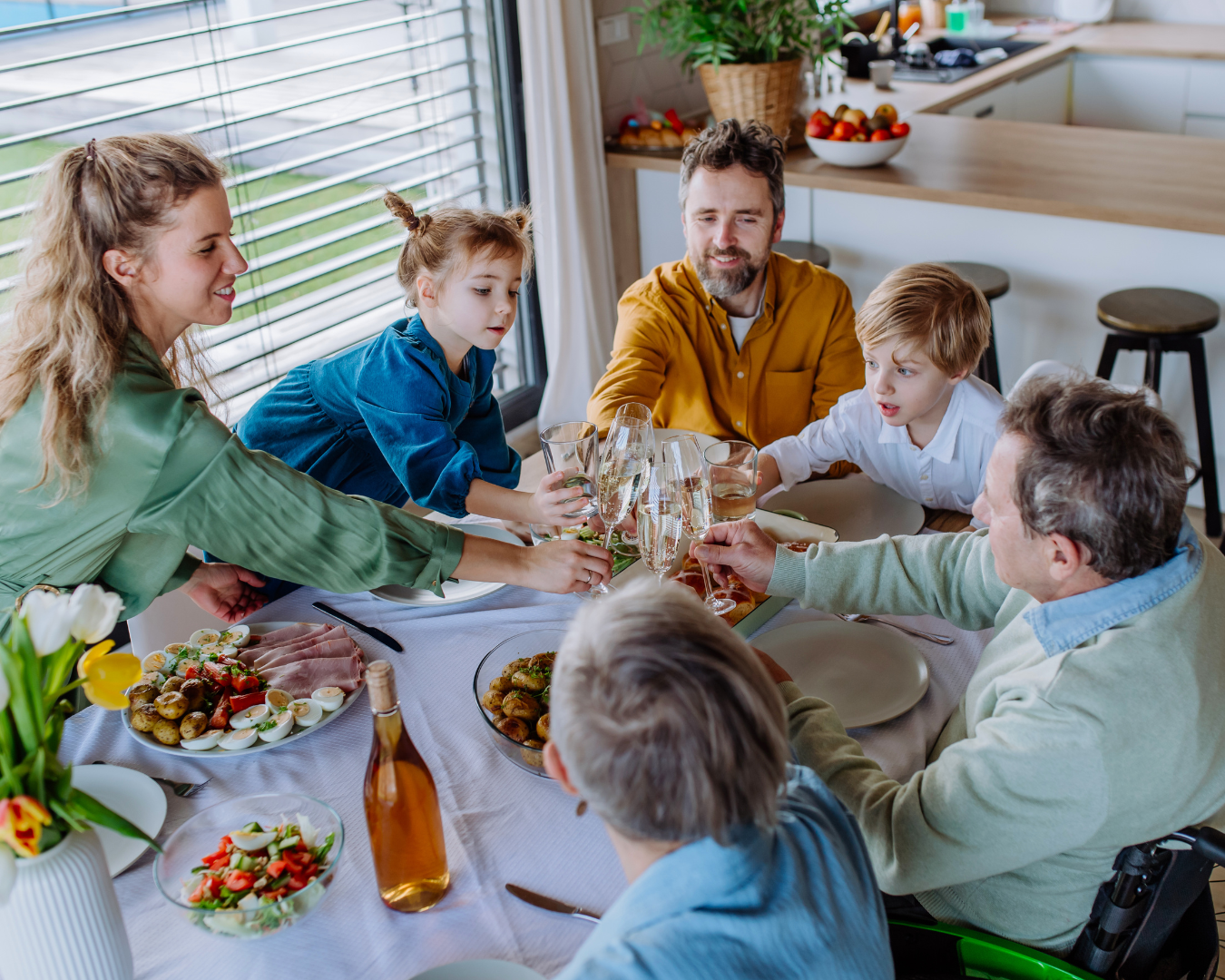Celebrating Family Traditions Centered Around Food and Cooking
Food has a unique way of bringing people together, creating bonds and memories that last a lifetime. Family traditions centered around food and cooking are some of the most cherished rituals in households around the world. These traditions not only preserve cultural heritage but also create a sense of belonging and continuity. In this blog post, we’ll explore the importance of family food traditions, share some common ones, and offer tips on how to start your own.
The Importance of Family Food Traditions
- Cultural Preservation: Family food traditions often reflect cultural heritage and regional cuisines, passing down recipes and cooking techniques from generation to generation. They help keep the history and culture alive.
- Strengthening Bonds: Cooking and eating together fosters communication and cooperation. It’s a time when family members can connect, share stories, and enjoy each other’s company without the distractions of modern life.
- Creating Memories: The smells, tastes, and sounds of cooking can evoke strong memories. These sensory experiences become associated with specific times and places, creating a rich tapestry of family history.
- Teaching Life Skills: Cooking together teaches children valuable life skills such as meal planning, preparation, and the importance of nutrition. It also fosters creativity and confidence in the kitchen.
Common Family Food Traditions
- Sunday Dinners: Many families reserve Sunday evenings for a big family dinner. This tradition allows everyone to gather, catch up, and enjoy a special meal to mark the end of the week.
- Holiday Feasts: Special holidays often come with their own set of traditional dishes. Whether it’s Thanksgiving turkey, Christmas cookies, or Hanukkah latkes, these meals are eagerly anticipated and hold significant meaning.
- Weekly Baking Sessions: Some families have a tradition of baking together, be it bread, cookies, or cakes. This can be a weekly or monthly event where recipes are passed down and new ones are created.
- Recipe Sharing: Families often have a tradition of sharing secret recipes. These treasured recipes are handed down through the generations, sometimes only revealed during special occasions.
- Cultural Celebrations: Many families celebrate cultural or religious events with specific foods. For example, making tamales for Christmas in Mexican households or preparing a seafood feast for the Italian tradition of the Feast of the Seven Fishes.
How to Start Your Own Family Food Traditions
- Identify Meaningful Foods: Think about the foods that hold special meaning for your family. This could be dishes from your cultural heritage or simply foods that everyone enjoys.
- Set Regular Times: Establish regular times for your food traditions. This could be weekly, monthly, or tied to specific events or holidays.
- Get Everyone Involved: Involve all family members in the planning, preparation, and cooking. Assign tasks that are age-appropriate so that everyone feels included.
- Document Recipes: Write down recipes and keep them in a family cookbook. This not only preserves the recipes but also the stories and memories associated with them.
- Be Flexible: Traditions can evolve. Be open to incorporating new dishes or changing the way you celebrate as your family grows and changes.
Family traditions centered around food and cooking are more than just about eating; they’re about creating a sense of unity, preserving culture, and building lasting memories. Whether it’s a weekly dinner, a special holiday feast, or a baking session, these traditions are treasured moments that enrich our lives. Start or continue your own family food traditions and experience the joy and connection they bring.

